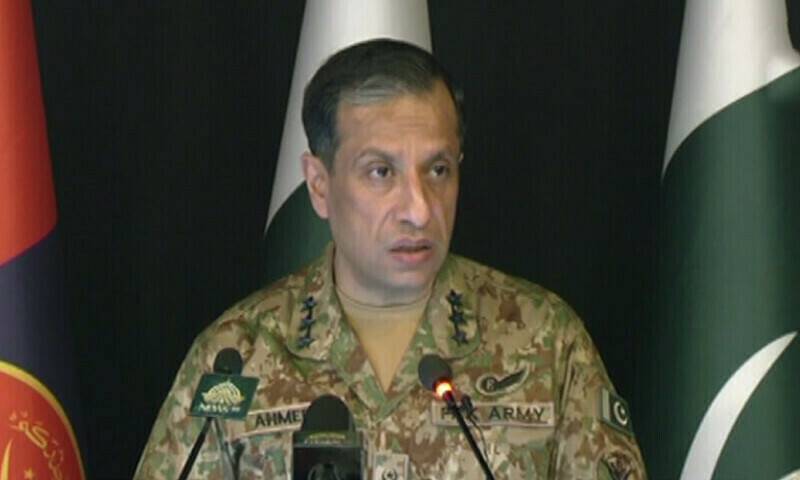Director General Inter-Services Public Relations (DG ISPR), Lt Gen Ahmed Sharif, has once again exposed India’s deep involvement in terrorism inside Pakistan, revealing undeniable evidence that serving Indian army officers are directly linked to such activities.
In an exclusive interview with a German magazine, the DG ISPR said Pakistan has consistently presented evidence before the international community regarding Indian-sponsored terrorism. He revealed that several militants killed during operations in Balochistan were part of India-backed networks but were later misrepresented as so-called “missing persons.”
Lt Gen Sharif accused India of using terrorism as a tool to destabilize Pakistan, while manipulating external issues to divert attention from its own internal crises. “Indian state institutions, including its army, remain under the heavy influence of extremist political ideologies,” he said.
He emphasized that Pakistan, as a responsible state, completely rejects the presence of non-state actors. “There is no place for any armed group in Pakistan. No individual or organization has the authority to declare jihad except the state,” he clarified.
Turning to regional issues, the DG ISPR spoke about Afghan refugees, noting that Pakistan has hosted millions of Afghans for over four decades. Structured measures are now being taken for their dignified repatriation, and on humanitarian grounds, Pakistan has extended deadlines for their return multiple times. However, he warned that evidence proves many illegal Afghan nationals have been involved in terrorism and other serious crimes.
He further highlighted that American weapons abandoned in Afghanistan are now being used in terrorist attacks within Pakistan. “Even the United States has voiced concern over its weapons being misused by terrorists,” he added.
Acknowledging Pakistan’s immense sacrifices, Lt Gen Sharif reminded the world that Pakistan served as a frontline state in the global war on terror, bearing heavy losses in both lives and economy. He also underscored Pakistan’s growing strategic partnership with China, while noting that during Pakistan-India tensions, the role of the US President surfaced as that of a strategic leader.
Concluding his remarks, the DG ISPR urged the international community to step forward and play its role in resolving the long-standing Kashmir dispute, which he said is essential for ensuring sustainable peace and stability in the region.

